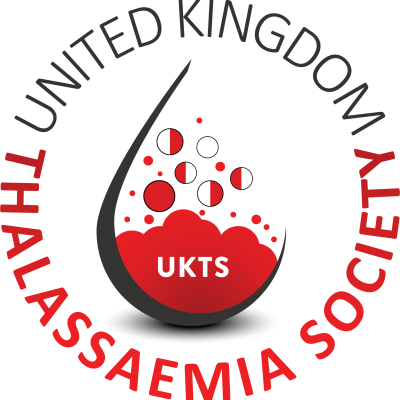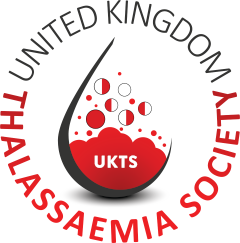Patient advocacy

Highlighting patient advocacy
Clinical standards manual
We are part of the team that developed the first UK and internationally recognised standards of clinical care of children and adults with thalassaemia in the UK in 2005, with two further editions since then. Not only did the standards book act as a manual for medical professionals treating patients with thalassaemia, it became a tool which encouraged patients to advocate for themselves to ensure they received proper treatment. We will shortly begin work on the fourth edition.
Download: UKTS Standards v3
NICE guidelines
These are evidence-based recommendations for health and care in England. They set out the care and services suitable for most people with a specific condition or need, and people in particular circumstances or settings. UKTS is consulted by the National Institute for Health and Care Excellence (NICE) and provides expert knowledge on thalassaemia for their guidelines.
UK Forum and Peer Reviews for Haemoglobinopathies
We participate in these in order to try to correct the inequalities in treatment of thalassaemia experienced across the country. UKTS is a founding Board Member of the Forum of Haemoglobinopathies (HbOs), a multi-disciplinary group of health care professionals interested in all aspects of sickle cell disease, thalassaemia and related conditions. It is involved in formulating national policy and ensuring consistency of care of services throughout the UK. The UK Forum leads on the peer reviews of haemoglobin services where all thalassaemia services are offered the opportunity to be reviewed by colleagues from different centres. UKTS is part of the Peer Review Programme and provides a voice for patients with thalassaemia. This programme has been instrumental in identifying areas of concern whilst also giving centres the chance to share their good practice to improve patient care in other centres. In fact, the peer reviews have been credited by senior medical professionals for driving up the standards of care for people with thalassaemia and sickle cell across the country.
Infected Blood Inquiry
Sir Brian Langstaff is leading this national investigation into why thousands of patients received contaminated blood via the NHS in the 70s and 80s, resulting in many contracting hepatitis C and HIV. UKTS was invited to become a ‘core participant’ and we presented our recommendations at the opening ceremony of the hearings and have attended many witness hearings in support of the Inquiry. We have also covered this topic in-depth in our magazine in order to encourage families affected to come forward and provide evidence.
Personal Independence Payments (PIP)
We have a working partnership with the Department for Work and Pensions in order to develop training and teaching material for their assessors of social care and disability funding. With legislative changes affecting these payments, UKTS has lobbied the Department of Work and Pensions on behalf of patients to ensure they are not detrimentally affected. The paperwork is extremely detailed and time-consuming.
Prescription coalition charges (PCC)
UKTS is one of a group of 48 organisations that make up the PCC.The PCC is calling on the Government to scrap prescription charges for people with long-term conditions in England. Prescription charges have recently increased and this can make life difficult for those with thalassaemia and other conditions not covered by the medical exemption. We want to make people aware of the low income scheme that is available so please do have a look here to see if you qualify https://www.nhs.uk/using-the-nhs/help-with-health-costs/get-help-with-prescription-costs/
